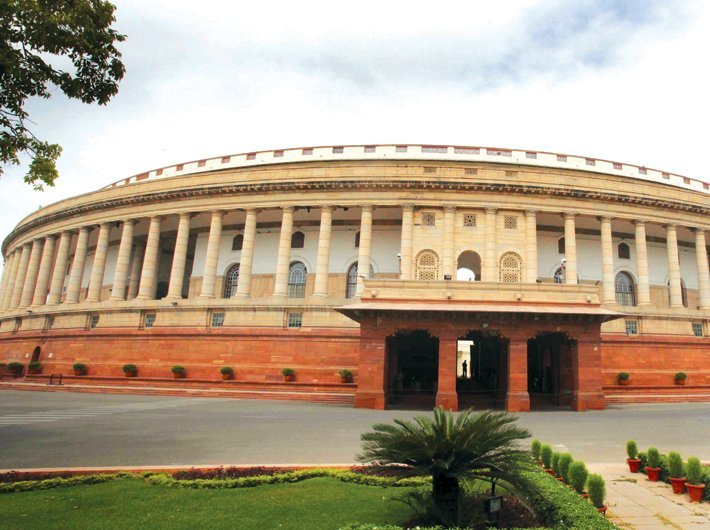It is time the annual song and dance over the general budget ended. No need for a long budget speech. Just table the budget document. That’s it
Now that the rail budget has chugged into history, the spotlight needs to be turned on the annual financial statement in Article 112 of the Constitution of India – better known as the general budget that is in desperate need of reform.
Policy makers need to take a relook at the arduous and incredibly secret task to prepare the budget, getting the voluminous documents printed and then having the finance minister deliver in parliament a long-winding speech peppered with Urdu couplets.
Not to forget the photo-ops, of the finance minister giving final touches to the document in a well-appointed room, smiling and posing for the shutterbugs with a leather briefcase, and then the hugely popular photograph of security dogs sniffing at the bundles that contain the budget. It happens year after year.
The general budget is crucial for our economy, no doubt about that. But, can we cut the fluff and come straight to the point. Preparing the budget is an exorbitantly expensive exercise and a way has to be found around it so that money can be saved.
We need a budget so that we know how the country is doing. It shows us how the states are placed and essentially, gives us a quick rundown of the country’s financial health. That, for the common person, is important but not the interesting part.
The man on the streets listens to the drone of the budget, but the ears perk up when the finance minister moves to the part where we come to know what is going to become cheap and what is going to turn expensive. Invariably there are guffaws when the price of cigarettes goes up, and the colleague wanting to buy a car looks worried when he/she knows it is going to cost more.
While the economists may find delight in the number crunching, the common man is happy knowing how the budget is going to impact his pocket. Invariably, the most discussed part is about the income tax limits.
There lies the catch. Here we have such a long drawn process and the common person is just focused about a tiny bit. As a way of reform, why not table the entire document in parliament, but read out that portion which we all know we want to hear.
Though it isn’t the case that the general budget isn’t being revamped; the timing of the budget presentation was shifted from 5.30 pm to 11 am. Till now, the union budget has been presented on the last working day of February, this will now be advanced. The distinction between the Plan and non-Plan expenditures will now be scrapped.
But, all these are changes which are more cosmetic in number. What is needed is more drastic. Sharply curtailing the entire budget preparation exercise is one. Why have a large number of worried officials in various ministries scampering to gather data, when those same officials can be better utilising their time in improving governance and making public policy more effective.
If policy makers are so keen then they must go ahead and have the budget, but at a smaller scale. The documents, once tabled in parliament are in any way public in nature, so whosoever is interested can read it on the Lok Sabha website.
Just think about it. Without a budget to be presented, there won’t be a budget session of parliament. The lawmakers can utilise those extra days to think of ways to run this country better.
Alternately, ministries can put up their individual budgets on their website. If you are interested, just go and read it there. Simple.
A practice started in 1924 has now ended with the merger of the railway budget with the general budget. The general budget too needs to be reformed.
The only grouse that we don’t have is with the security dogs who are indeed doing their jobs diligently, even if it means sniffing at reams and reams of papers that contain vital economic data, which unfortunately few care to read in detail.

